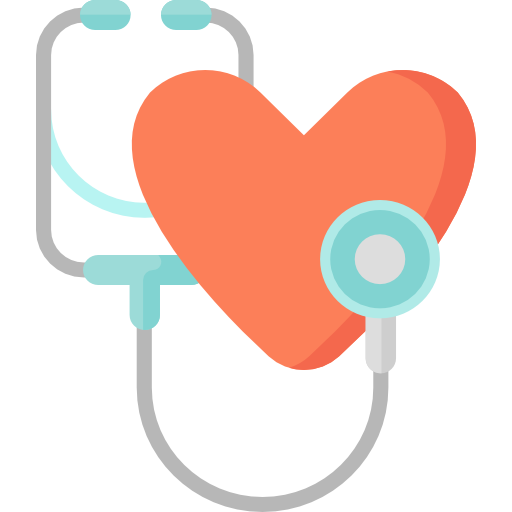Chronic obstructive pulmonary disease (COPD) is a term for a group of respiratory conditions where your airways become narrowed and inflexible from long-standing inflammation. This is similar to asthma, but the key difference between the two is the reversibility of airway narrowing. Asthma responds to steroids, and lung function can be fully restored with such treatment. In COPD, the airway damage is not fully reversible.
The two most common diseases included under the COPD umbrella are chronic bronchitis and emphysema. Chronic bronchitis is the ongoing inflammation of the bronchial tubes that carry air into and out of the lungs. Emphysema results when the alveoli, or air sacs in the lungs where gas exchange occurs, are damaged. Both of these conditions lead to difficulty breathing and maintaining proper oxygen levels in your body.
Pathophysiology and Risk Factors
Chronic obstructive pulmonary disorder occurs when any part of the lungs becomes obstructed or damaged due to long-term inflammation. Therefore, the most common risk factors are things that contribute to inflammation:
- Smoking or use of inhaled drugs
- Exposure to respiratory irritants such as smoke, chemicals, or dust
- Asthma
- A genetic deficiency in alpha-1-antitrypsin, a substance secreted by the liver that helps to protect your lungs






